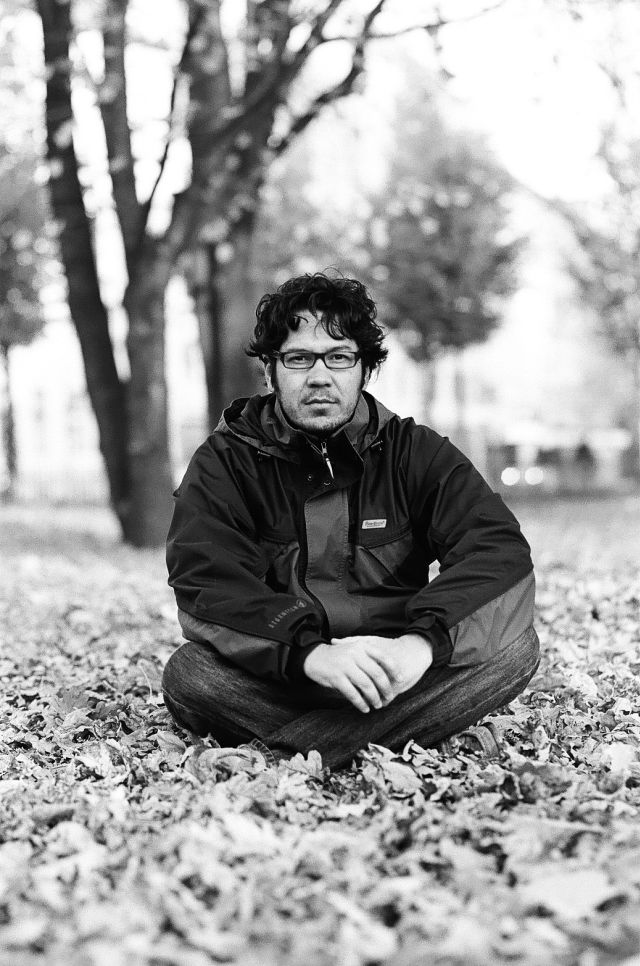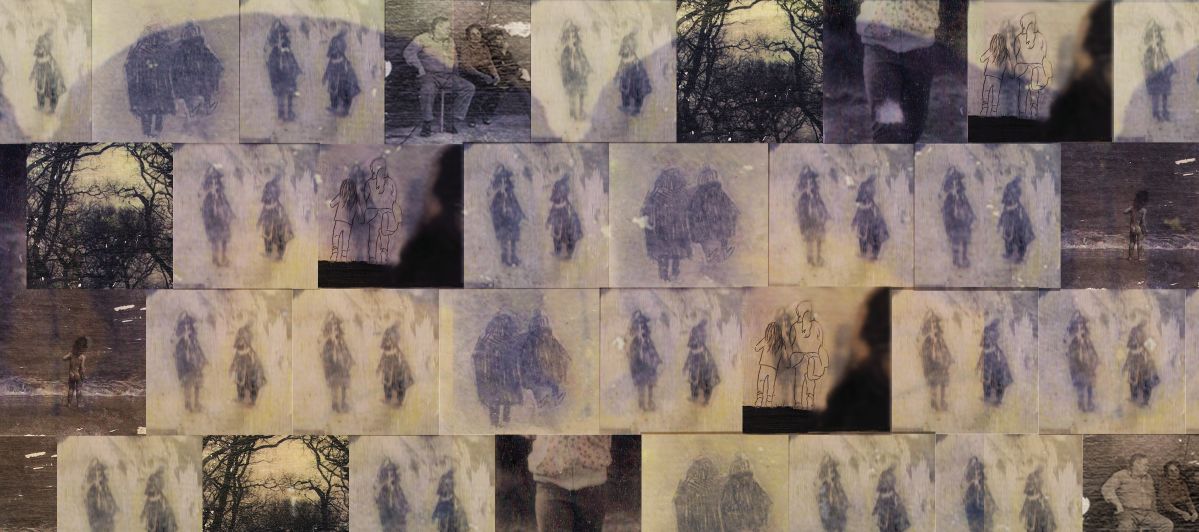, Literature, 2015
Luis
Chaves

The lyrical poet and translator Luis Chaves is considered one of Costa Rica’s most important writers, both at home and abroad. This is remarkable for two reasons: first, even the works of famous Costa Rican authors are available only in Spanish, despite the fact that Costa Rica has a lively literary scene; and second, Chaves’s work raises the bar entirely; ignoring genre boundaries from the outset, he combines lyric and prose to create new combinations that arrive like a breath of fresh air.
For example, if one takes a look at his most famous work, the 2006 book Asfalto, the book appears at first glance to be prose: stanzas, rhyme, meter, and enjambment are nowhere in sight. And yet, the book has the unmistakable aura of poetry, with an expressive power that unfolds in the shortest space imaginable. Born in 1969, Chaves seemed to come out of nowhere when he landed on the literary stage: in a development the author himself cannot explain, one day he suddenly became interested in creative writing. He composed his first poems and published the debut volume El Anónimo in 1996, and just one year later he published Los animals que imaginamos. For the latter he won a prize for Latin American lyrical poetry known as the Sor Juana Inés de la Cruz Poetry Award. By that time, the agronomist Chaves had already quit his day job. He was already considered a legend by the time he won another important prize for Chan Marshall in 2005. Chaves’s use of language offers a striking contrast to the superlatives showered on his work in his home country: his elegant prose recalls the simplicity of the spoken word, can be characterized by its economy, and yet it unleashes its full force with poetically-charged images. One is struck, for example, by the brevity of his earliest poems, but also by their mellifluous musicality; furthermore, sometimes the content takes unexpected turns, such as when Chaves, the son of an amateur boxer, takes Muhammad Ali’s historic victory over George Foreman as a symbol of his mother’s steeliness as she silently endured her husband’s unfaithfulness. Stopping at a Shell gas station in Central America shows flashes of the Ku Klux Klan, yet with the lyrical voice of the first-person narrator. In most of Chaves’s poems, he addresses things that are private, quotidian, and seemingly hidden: he writes about couples separating, or the morning after a wedding, and about the confusion following a move with his wife and children. He captures the flotsam and jetsam of life in stenographic vignettes marked by their dramaturgy, vivid scenes, and striking in their use of anecdotes. His poems show a definite influence of the cinematic aesthetic; in fact, the titles of several of his volumes of poetry are allusions to photography and cinematography: for example, in a nod to Jack Kerouac, the subtitle of Asfalto is A road poem; at the same time, readers also feel the presence of a Edward Hopper painting: the loneliness of a man and woman in an empty bar, a tableau suggestive of their love’s last gasps. And yet when Chaves pans out from the scene with images from a surveillance video, he demonstrates a deeper grasp of the situation than his more famous colleague. In Historias Polaroid (2001), the reader sees snapshots taken from his own family life, with which he creates a kind of photo album. A selection of his poems was first published in German in 2012 in the small dual-language volume titled La Foto / Das Foto. Since then, Chaves has continued to experiment with form and with the narrative potential of prose and the prose poem: in 2010, he published El Mundial 2010, which chronicles every game of the FIFA World Cup in South Africa. Also published in 2010, 300 Páginas collects various newspaper articles, short stories, and essays that Chaves wrote for a variety of national and international newspapers and magazines between 2002 and 2010. It is no wonder that Chaves is now one of the most important role models for his country’s emerging poets, especially considering his openness towards form and theme – for Chaves, even sports are a suitable topic. Infused with a casual air, his work can be deceptive to readers: although he seems to stand for a kind of “minor literature,” his anecdotal and seemingly private work always assumes a symbolic character and universality. If readers read his poems closely, then they can find literature’s eternal themes, such as love and life, and desire and futility. Chaves writes about these topics with wit, melancholy, and a dash of literary wisdom. As he wrote in the poem “Foto,” for example: “Buried in the old wallet, misshapen by his rear-end, the photograph from better days. Both of us in a park in a different country. The photograph, showing her eternal gaze not at the man hugging her, but at the stranger who took it.”
Text: Claudia Kramatschek
Translation: Amy Pradell
Camera/editing: Uli Aumüller, Sebastian Rausch
Das Foto / La Foto. Poems. Translated from Costa Rican Spanish by Timo Berger. Hochroth Verlag, Berlin 2012.
Hier drunter liegt was Besseres. Poems. Translated from Costa Rican Spanish by Timo Berger. Hochroth Verlag, Berlin 2013.


